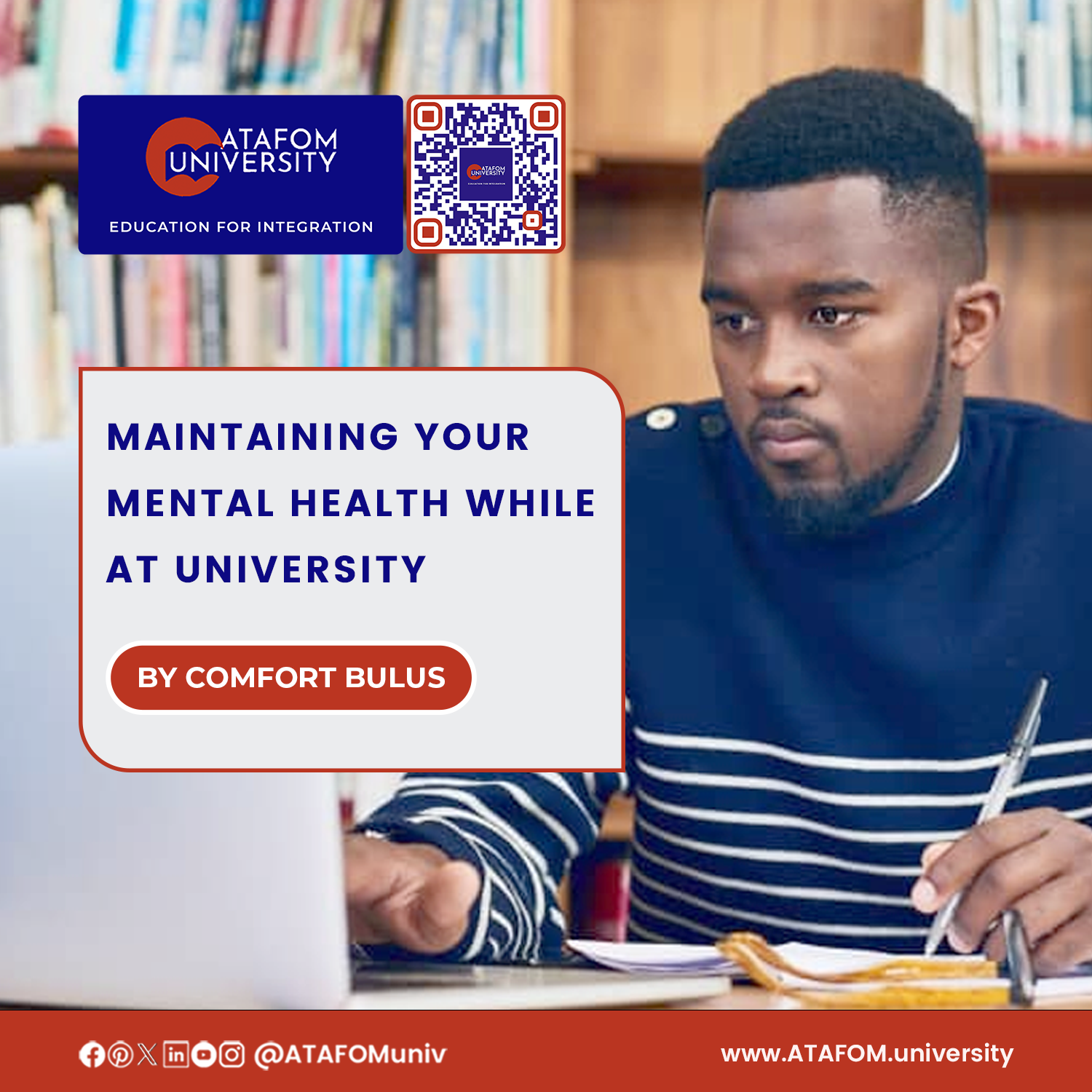University provides independence for many students, but it is not without obstacles. If you’re having problems with your mental health at university, this blog post will help you find out what resources are available to you.
Students’ mental health is critical because it affects their involvement with the world, thoughts, feelings, and behaviour. Students are especially vulnerable to mental health issues since they live away from home and face adult life stresses. Good mental health assists students in coping with this moment of transition and is linked to enhanced learning, creativity, productivity, better social relationships, and improved physical health.
According to the 2020 University Student Mental Health Survey, one in every five students has a mental health diagnosis, with nearly half experiencing major psychological disorders. Second and third-year students are more likely to experience anxiety, loneliness, substance abuse, and self-harm. Fear of stigma drives more than three-quarters of people to conceal their symptoms. University students confront difficulties as a result of a lack of assistance and the danger of acquiring mental health issues. According to a 2022 assessment, 81% of students were affected by mental health issues, with 91% of LGBTQ+ pupils reporting difficulties. Loneliness was cited as a significant issue by 27% of students. 46% thought their institution supported those suffering from mental health concerns, and 63% prioritised mental health provision while selecting a university.
Students frequently encounter emotional and mental health issues, especially as they transition to independent living and study. Anxiety, stress, poor mood, depression, eating disorders, psychosis, self-harm, and suicide are all common mental health issues. While the internet can provide information, it is best to consult a doctor for a professional diagnosis. Students report higher levels of emotional anguish than non-students, which are exacerbated by academic and employment pressures, relationship problems, homesickness, loneliness, money issues, and bullying.
Admitting your difficulties is critical for obtaining assistance both inside and outside of your university. Disengagement from university activities, social withdrawal, motivation issues, changes in eating and sleeping patterns, addictive behaviours, physical symptoms, low mood, lack of energy, constant emotional distress, and avoidance of certain situations are all signs of mental health problems. It is crucial to realise that mental health issues aren’t always accompanied by a checklist of symptoms, and students with mental health issues may exhibit all, some, or none of these. Regardless of your symptoms, seek professional help if you are feeling down.
University wellness teams, mental health advisers, drop-in counselling, mindfulness programmes, and support groups are all available to students. Some establishments even provide animal therapy sessions. Available services include 24-hour helplines and online chats. Students can take part in wellness programmes such as classes, workshops, and activities. There are grieving and LGBTQ+ support groups available. Consider visiting a General Practitioner, Samaritans, family, friends, and charities such as the Mental Health Foundation for assistance outside of campus.
Keeping your mental health while studying entails eating correctly, exercising regularly, getting adequate sleep, and keeping your living place tidy. Set attainable goals rather than overburdening yourself with social activities. Maintain social relationships, drink responsibly, and participate in organisations or societies for a sense of community. Apps such as Headspace, Calm, and Stress and Anxiety Companion can be beneficial. Find outlets that work for you, seek help as soon as possible, and balance academic endeavours with community involvement, sports, artistic practice, and socialising.
Seeing a friend’s distress and encouraging them to talk can be quite beneficial. Be available to them and advise them of relevant resources. If you are aware of any resources they are lacking, point them in the proper direction. Listen, be patient, and refrain from passing judgement. Offer tangible acts of kindness. Recognise boundaries and, where required, refer your companion to specialist services. Remember that people who are assisting will require assistance as well.
At ATAFOM University International, we are interested in our student’s mental health and well-being. We train our students to not only be academically and socially apt, but mentally fit to face the world’s challenges. Our holistic approach to learning is exemplary and motivational. ATAFOM University International recognises each student’s unique challenges and barriers and provides specialised support to help them overcome them.


